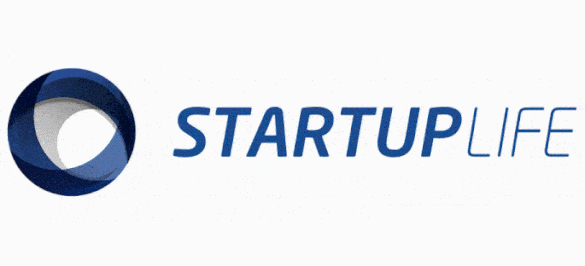By Luisa Bombarda and Layon Lopes
That Brazil has several tax regimes, we already know that Brazil has a several regimes and we already outlined a brief overview in our article “Understanding Software Taxation in Brazil”. However, we believe that it is pertinent and necessary to briefly advance into the main regimes in the country, the first of which will be the Simples Nacional.
The Simples Nacional is one of the most used tax regimes in the country, being applicable to Micro and Small Businesses, which currently total, according to SEBRAE (Brazilian Support Service for Micro and Small Businesses), until the year 2018, 6.4 million establishments, corresponding to 52% of formal jobs in the private sector.
It is possible to see, therefore, that this is one of the main regimes currently used and in force, and its understanding is essential to better target guide the company, as the case may be.
The Simples Nacional is governed by Complementary Law 123/2006, and was created with the objective of reducing bureaucracy and the costs of small business owners, creating a unified system of tax collection, which gives companies several facilities and advantages. However, the application of this regime must take place annually, until the last business day of January, so it is advisable that the company, at the end of each year, carry out a tax analysis in order to verify the tax situation for the next calendar year and possibly change it’s cheme for the next year.
But can all companies opt for the Simples Nacional regime?
No. It is important to emphasize that not all companies can opt for the regime, in which there are several prohibitions, such as billing, activities, type of company and its constitution.
One of the main rules is billing, which, for Microenterprises, has a limit of up to 360 thousand reais in the last 12 months; while the Small Business (EPP) may earn from 360 thousand to 4.8 million reais and still be able to fit into the regime. However, a company that earns more than 4.8 million reais a year will automatically be excluded from the Simples Nacional regime, and must opt for the Actual Profit or Presumed Profit regime, depending on its reality.
In addition, there are other circumstances that prevent it from being included in the Simples Nacional, such as:
- Not having another company in the corporate structure: only individuals can be partners;
- Not being a partner of another company: the CNPJ (corporate taxpayer registry) cannot participate in the share capital of another legal entity;
- If the partners own other companies, the sum of the billing of all of them cannot exceed the limit of 4.8 million reais;
- Not being a corporation (S.A.);
- Not having partners who live abroad;
Another important point is the activity performed by the company, and there are several CNAEs (National Classification of Economic Activities) that are prohibited from applying to the Simples Nacional regime, such as:
- 1112-7/00 – Manufacture of wine;
- 2910-7/01 – Manufacture of automobiles, vans and utilities;
- 3511-5/01 – Electricity generation;
- 5310-5/01 – National Mail Activities;
Among others, which allows for various activities performed to be automatically included in other regimes, such as Actual Profit and Presumed Profit, which will be dealt with in other articles in due course.
On the other hand, even though there are so many prohibitions, there are even more interesting advantages for those opting for this regime, such as reduced tax rates that are calculated according to the company’s billing, which are provided for in billing ranges and regulated by the Annexes of I to V of Complementary Law 123/2006.
And what are the taxes levied on the Simples Nacional?
As a rule, the taxes levied on the Simples Nacional regime are:
- ISS – Tax on Services of Any Nature
- PIS/PASEP – Contribution
- Cofins – Contribution to Social Security Financing
- IRPJ – Corporate Income Tax
- IPI – Tax on Industrialized Products
- CSLL – Social Contribution on Net Income
- CPP – Employer Social Security Contribution
- ICMS – Tax on Transactions Related to the Circulation of Goods and on Interstate and Intermunicipal Transport and Communication Services
In other words, although there are several benefits granted to companies opting for this regime, they are still subject to the payment of a list of taxes to be paid due to the exercise of the activities developed. It is worth noting that other taxes may be included there, depending on the reality of the company, as well as the location where it is headquartered, among other peculiarities.
Therefore, even if it is a regime known as “Simple”, it is evident that it has several peculiarities and restrictions, and due attention should be paid to the correct framing and use of the regime in the best possible way, which is why it we suggest that a specialized lawyer is hired to assist you in any way necessary.
* Layon Lopes is the CEO of Silva | Lopes and Luisa Bombarda is a member of the Silva | Lopes team.











